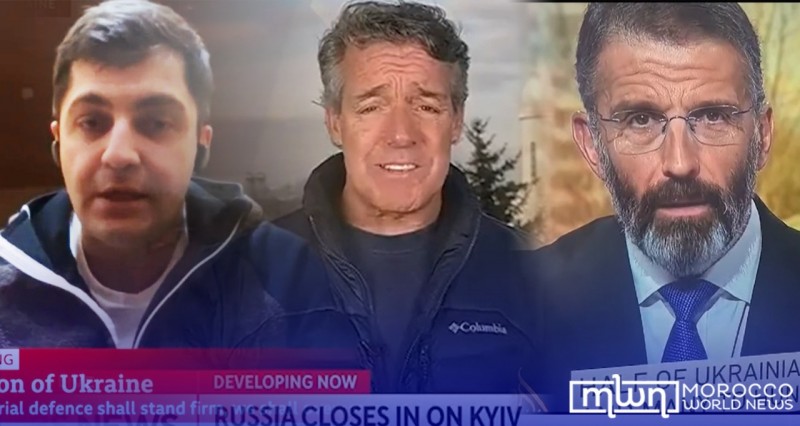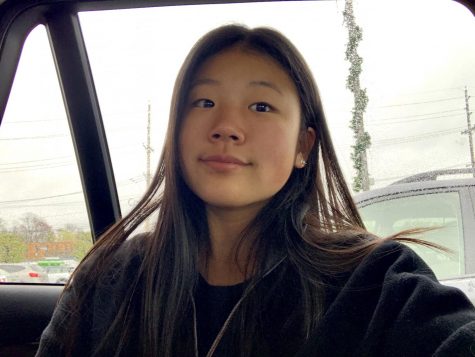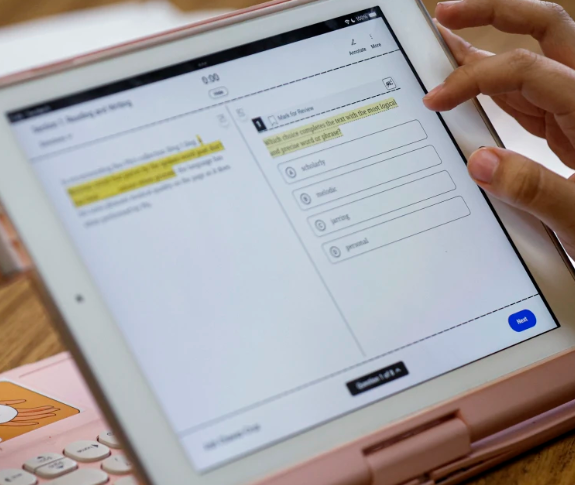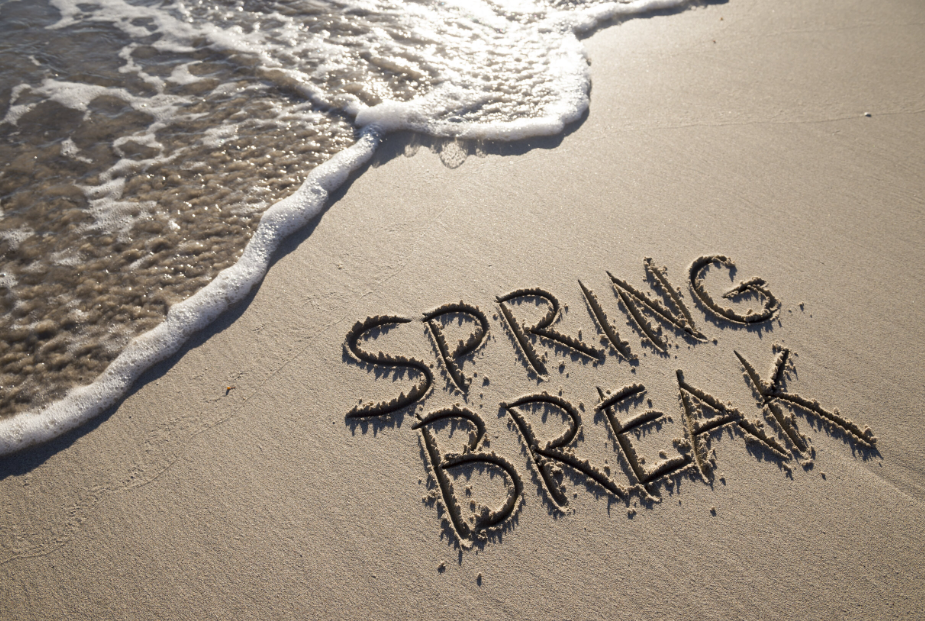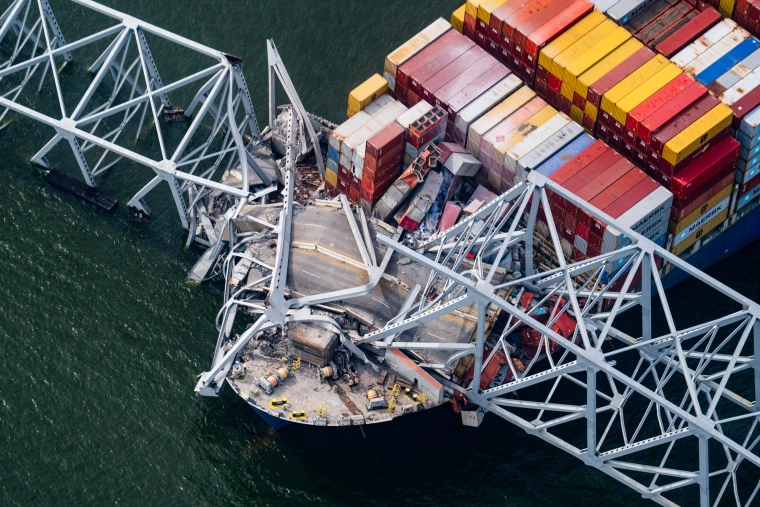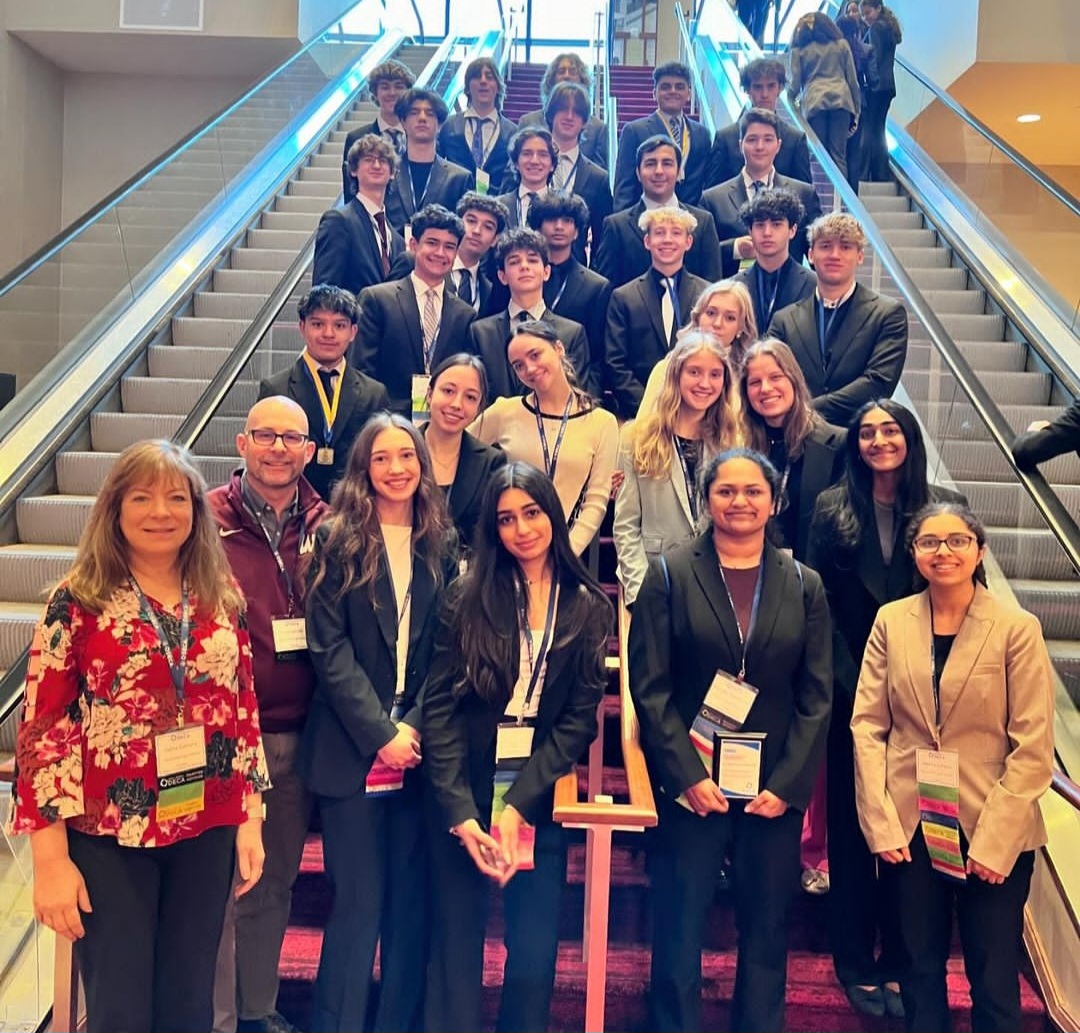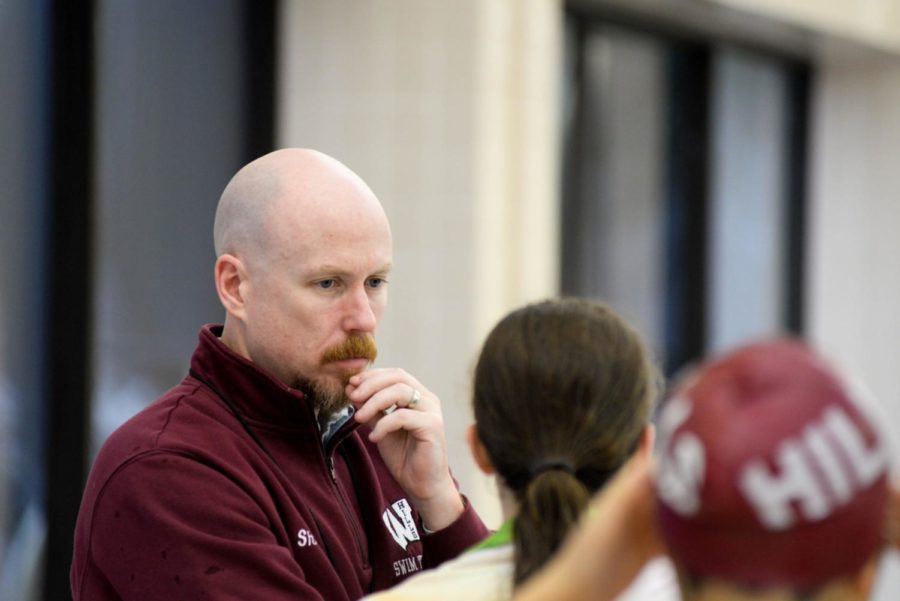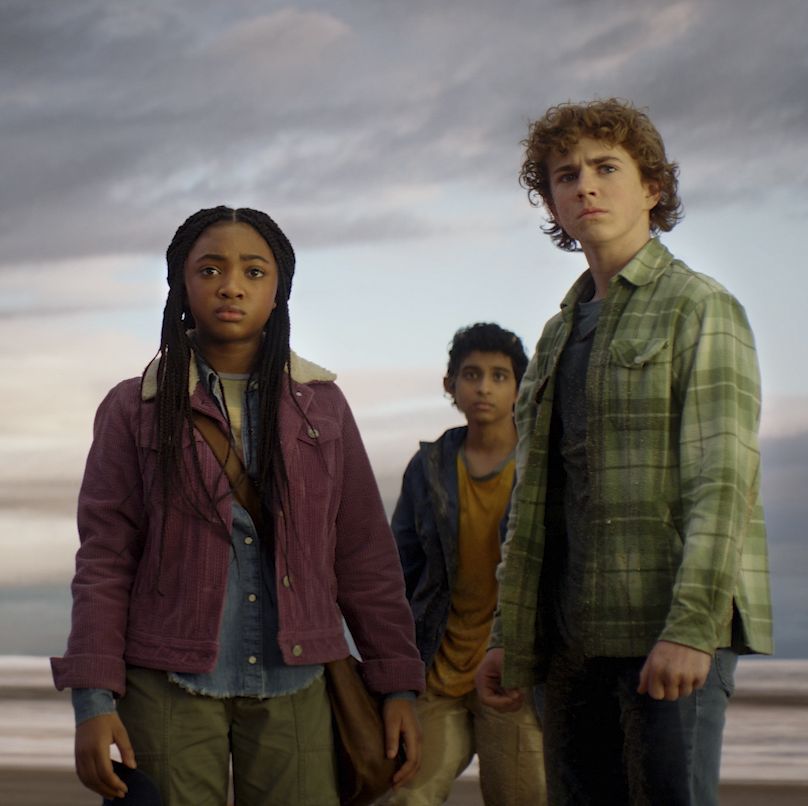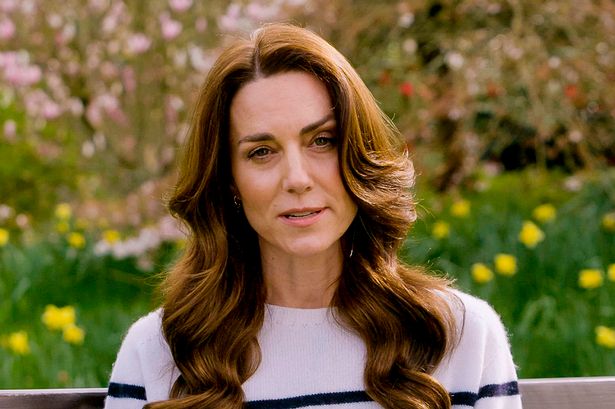The Double Standard Exposed: Lessons Learned from Ukrainian Conflict
March 20, 2022
Ukranians making Molotov cocktails to defend their cities. Officeworkers handed guns for the first time in their lives to protect their families. The heroic clash between Ukraine’s citizens against the antagonistic Russian troops. But how would the world react if those same Ukrainians were instead from the Middle East or Africa? What would the narrative look like?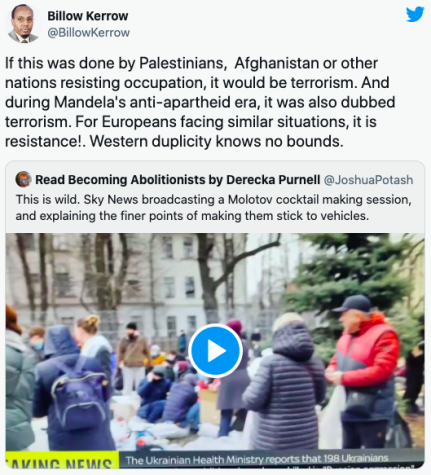
Due to the invasion of Ukraine and the numerous atrocities happening there, people are united globally in supporting Ukrainians and fighting the battle against Putin’s delusional goals. The world commends the brave acts of Ukrainians who stand on their home soil and refuse to let any troops dampen their spirits.
However, conflicts like these are not new; at least not in the Middle East and Africa. Although this may be the biggest refugee crisis Europe has seen since WWII, countries like Yemen and Afghanistan have been dealing with the same for many years. Yet, in their cases, the refugee issue has persisted for so long because they do not have a security net when a country invades their homeland. To them, the world has shut off their borders and communication lines to anyone trying to flee their country.
Although the quick and swift rallying of Europe and the rest of the world is necessary to help Ukraine and to prevent further damage, the response to the conflict sheds light on a different perspective. The term “double standard”—a set of principles that applies differently and usually more rigorously to one group of people or circumstances than to another— has been used to generalize the situation and the hypocrisy of how Europe and the United States have reacted to similar conflicts in other parts of the world.
Take the Israel and Palenstine conflict for example. Irish lawmaker Richard Boyd Barrett, who sits on the Irish parliament for the left-wing People Before Profit party, made a stand against his government’s differing views by stating “You’re happy to correctly use the most strong and robust language to describe the crimes against humanity of Vladimir Putin but you will not use the same strength of language when it comes to describing Israel’s treatment of the Palestinians.” Arguably, the reason why the response is different is because of racism and xenophobia.
Another insightful example is the Syrian refugee crisis. The amount of times Europe has denied access to refugees from Syria— the most recent one being only around a year ago when the European Union paid Turkey to keep Syrians from entering Greece— raises questions as to how these countries suddenly has room for their fellow Europeans, but not Middle Easterners.
Leaders of Europe are even documented to explicitly say they do not want migrants anymore such as the Prime Minister of Poland in 2018 stating that “We will not be recieving migrants from the Middle East and North Africa in Poland” or Hungary’s Prime Minister in 2015 pleading to migrants “The moral human thing is to make clear, please do not come.”
Not only have Western countries’ biases been exposed, but as well as Western media’s. To certain media outlets, the Middle East’s issues seem to be of the ordinary and expected of this region. However, when describing the
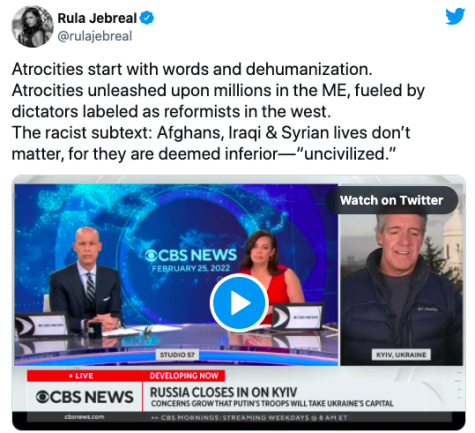 Ukrainian conflicts, the narrative has suddenly switched because they are more “civilized”. CBS News senior correspondent Charlie D’Agata commented on his own opinion of the crisis: “This isn’t a place, with all due respect, like Iraq or Afghanistan that has seen conflict raging for decades. This is a relatively civilised, relatively European – I have to choose those words carefully, too – city where you wouldn’t expect that, or hope that it’s going to happen.”
Ukrainian conflicts, the narrative has suddenly switched because they are more “civilized”. CBS News senior correspondent Charlie D’Agata commented on his own opinion of the crisis: “This isn’t a place, with all due respect, like Iraq or Afghanistan that has seen conflict raging for decades. This is a relatively civilised, relatively European – I have to choose those words carefully, too – city where you wouldn’t expect that, or hope that it’s going to happen.”
French journalist of BFM TV Phillipe Corbé shared a similar comment, revealing more of Western racism: “We’re not talking here about Syrians fleeing the bombing of the Syrian regime backed by Putin, we’re talking about Europeans leaving in cars that look like ours to save their live.”
The bitterness and the resentment towards European countries are present amongst people in Africa and the Middle East, and rightfully so. However, instead of it being a moment to polarize the world even further, this is the time to be united with one another and to help Ukraine out of this crisis. As Trevor Noah stated in his Daily Show: “This refugee crisis should be a reminder that refugee is not a synonym for Brown person. Anyone could become a refugee. It’s a thing that happens to you. It’s not who you are.”
Senior Beyza Beyazkan expresses her feelings: “I am very glad to see that Ukrainians are recieving aid where it is needed, however, it makes me think back to all the abandoned and forgotten refugees whose stories don’t even make the headlines or are shut out from the rest of the world. It really is dissapointing, but not suprising, that Middle Easterners and refugees from Africa are treated differently than Europeans. It just happens to be the world we live in, but I think that I also agree that this should not be a time to point fingers and to be resentful, but rather to learn that anyone can be displaced and to understand the conditions and stresses refugees have to endure. And if in unfortunate circumstances another refugee crisis arises, hopefully the world can be more accepting.”



